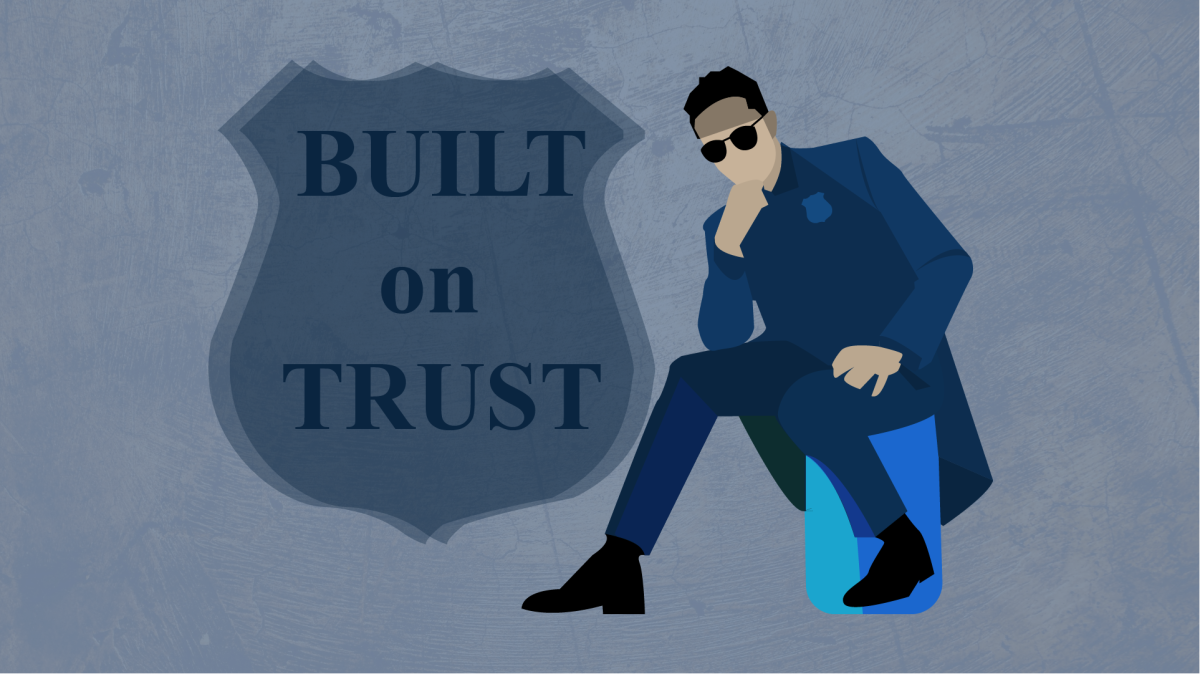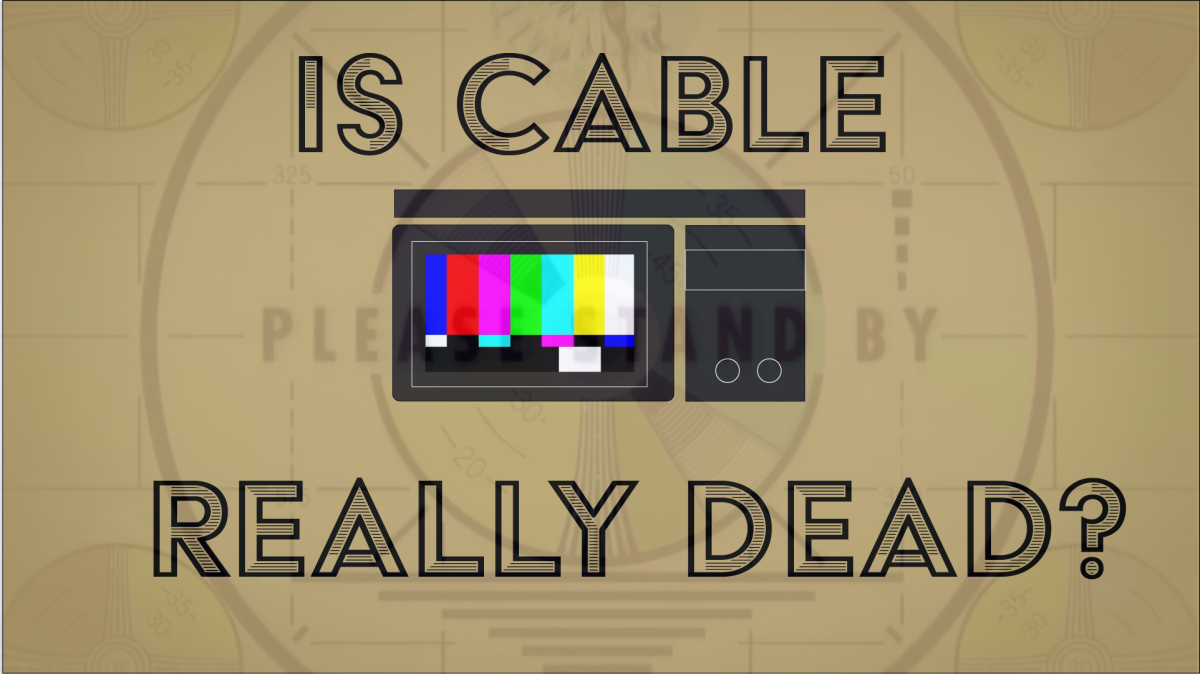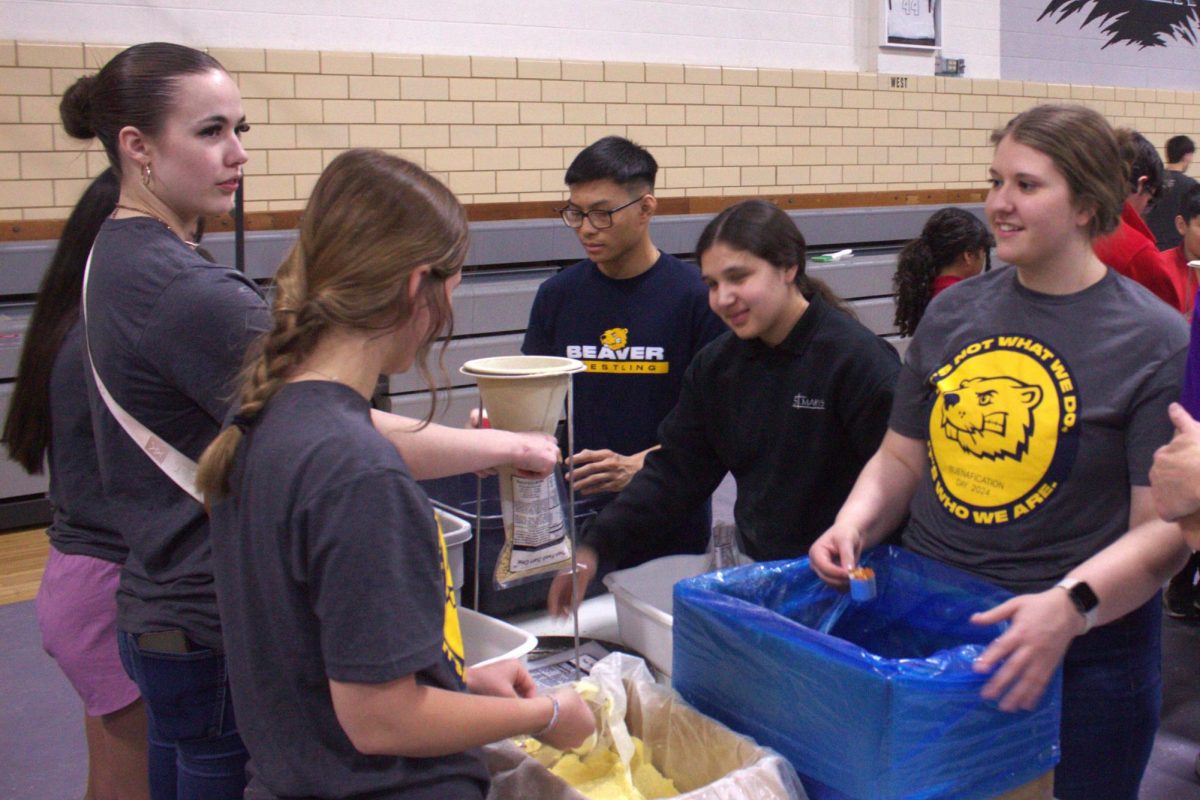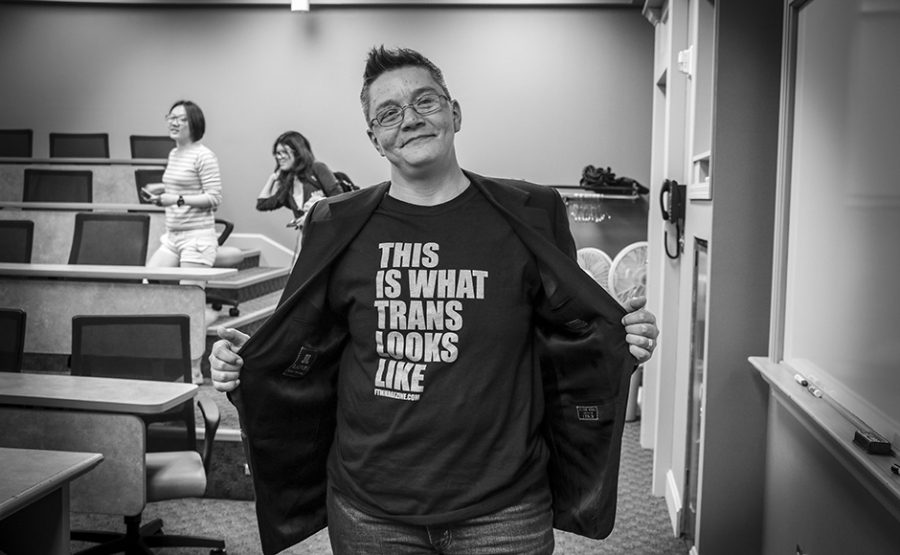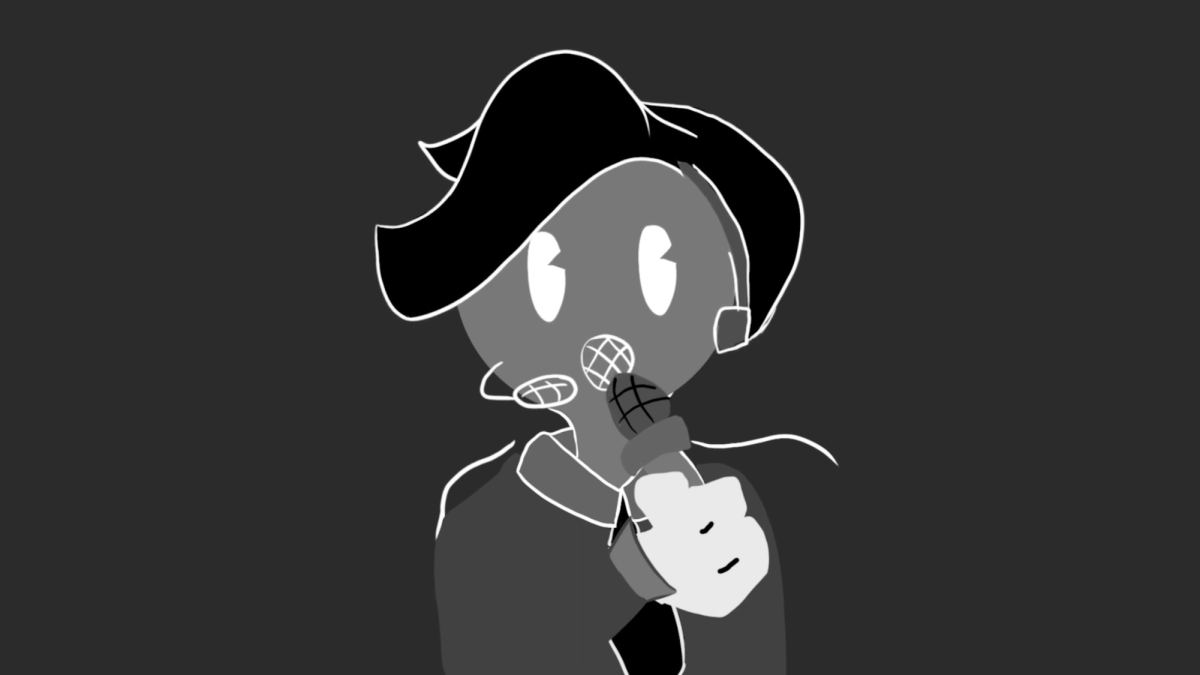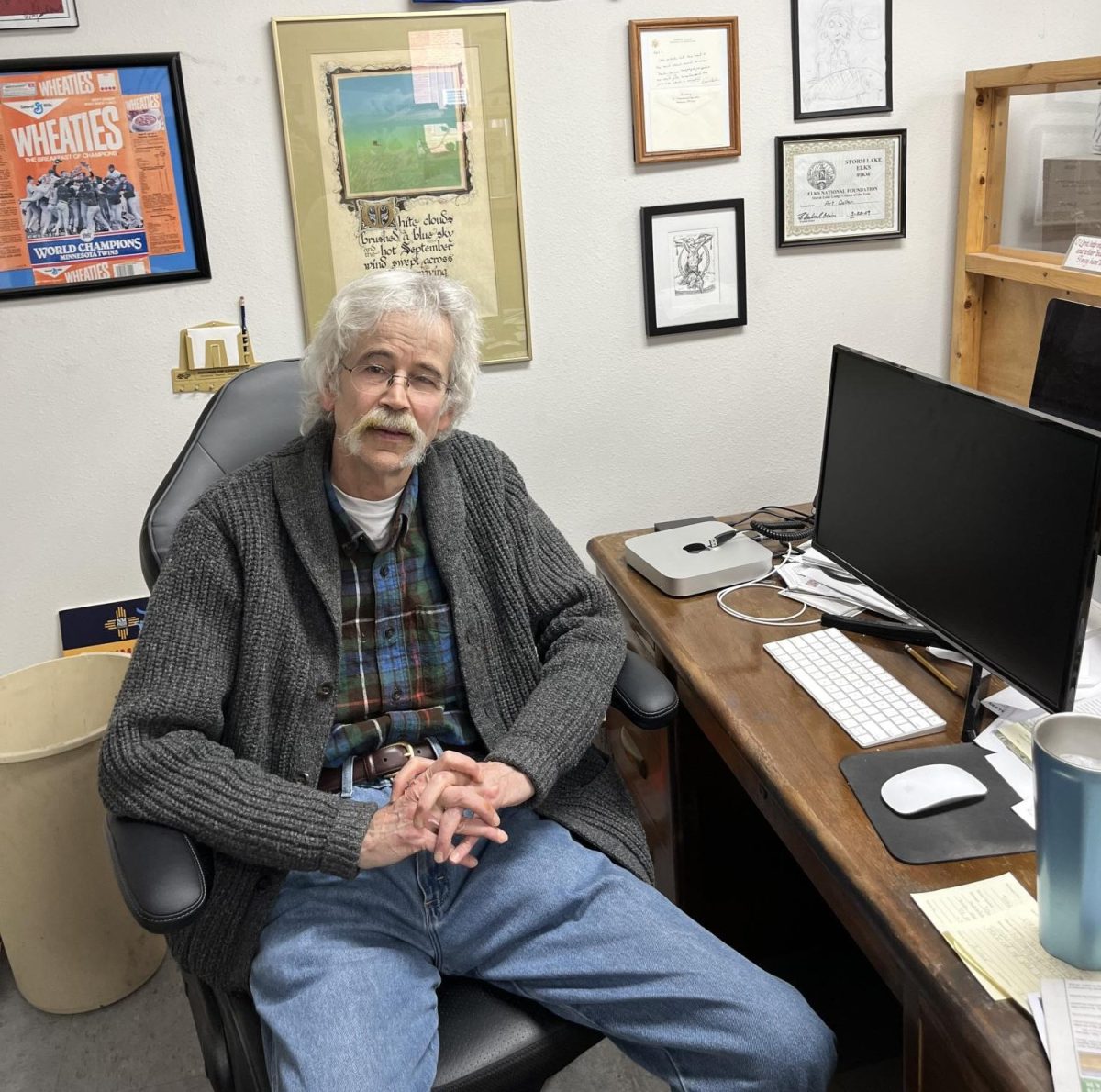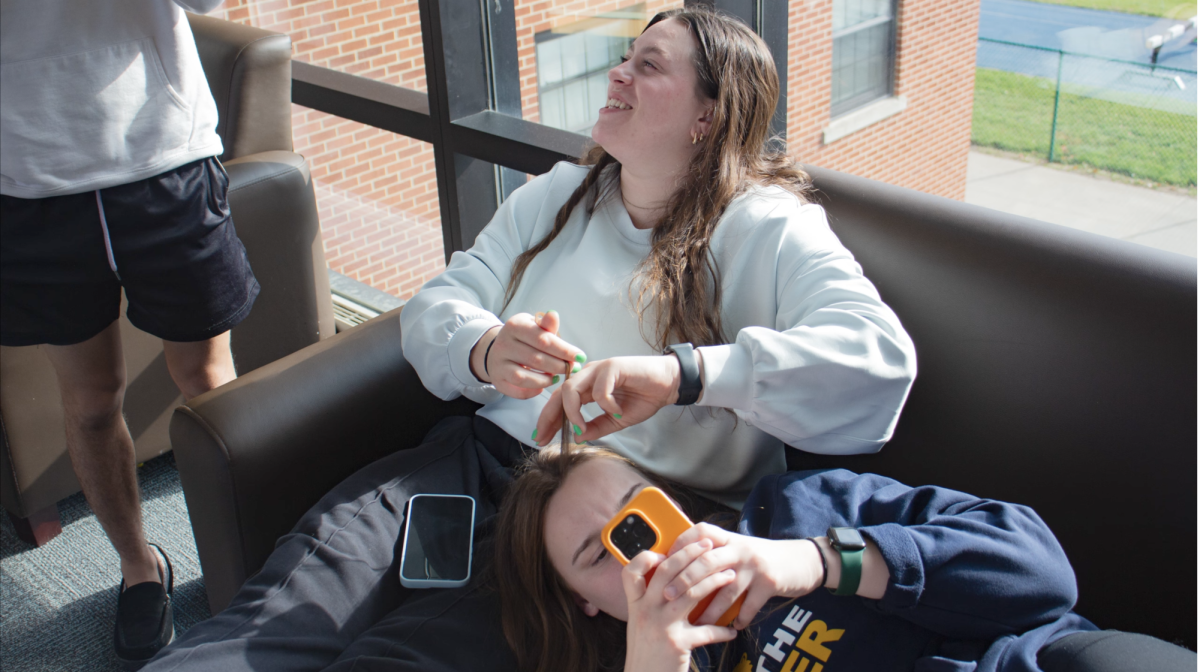Dee Friesen | Contributing Writer
“I knew something was wrong when I was young,” Pollock said.
During the ACES event “Walk In My Shoes” last Wednesday, 41-year-old Angus Pollock shared his lifelong process of transitioning from a female to a male and what it is like to be transgender. Pollock is from a large university town in central Illinois. He began his story with a memory he had fishing with his dad.
“When he took me fishing that time, I’m five, there’s nothing happening, it’s sunny, I’m hot. I’m in shorts, no shirt, I’m fishing. Here comes this other family. Dad starts freaking out and says, ‘Gotta put your shirt on, gotta put your shirt on!’ Why? I didn’t understand. What’s the difference? And here they come, they happen to have a little boy who was about my age I guess, and that kid’s not wearing a shirt. Why do I have to wear a shirt? These types of things kept happening to me,” Pollock said.
He went on to explain that all of the “gender normative” things that were normal for a boy were what he leaned toward. Pollock also shared another moment he experienced a little bit later in life.
“I get older and I get to the point where I used to make jokes to my friends that I was like a dude trapped in a girls body. Somebody was playing a joke on me. It was like God’s big joke, stuck me in a chick’s body and I think like a dude, haha, how funny,” Pollock said. “It never occurred to me that part of the reason that I was feeling so different and part of the reason that I was so angry was because that was actually true. Somebody messed up somewhere genetically. This is not the body I was supposed to be in.”
Pollock stated that there were no references for him growing up. In the town he lived, being gay, lesbian, or transgender wasn’t something people openly talked about. Eventually, when he moved to California for a culinary job, he started to recognize people that were similar to him and began to understand what his next step needed to be – transgender hormone therapy to make the change from female to male.
“To get me to this point obviously it took almost 40 years and only because there was nothing earlier in my life to tell me that this was even a possibility. That people do this. That it’s normal to feel like you’re in the wrong spot. To feel like you’re just in the wrong skin, and you don’t belong,” Pollock said.
The most important lesson to take away from this ACES event was Pollock’s answer to this attendee’s question: “Because we are all citizens of this community, what would you like us to know? To either make it easier for you or to make us smarter?”
“As far as educating you on how to treat people in general? Like a frickin’ human being. Really. What does it matter? You know, it’s not about me being trans, it’s about me looking a little bit different than other people and so I get treated differently and I get funny looks. When honestly it wouldn’t have to be trans, it could be anything. I could have a disability. I could have a physical impairment of some sort. I could have scars. I could have anything that’s going to make me different than the average person and that’s still going to happen. Because we just don’t have any sense most of the time and we don’t remember to just treat each other like human beings. So if you’re going to learn anything, quit judging people based on what you’re seeing because you’re not getting the whole picture,” Pollock said.
Photo courtesy of Krystal Schulte




